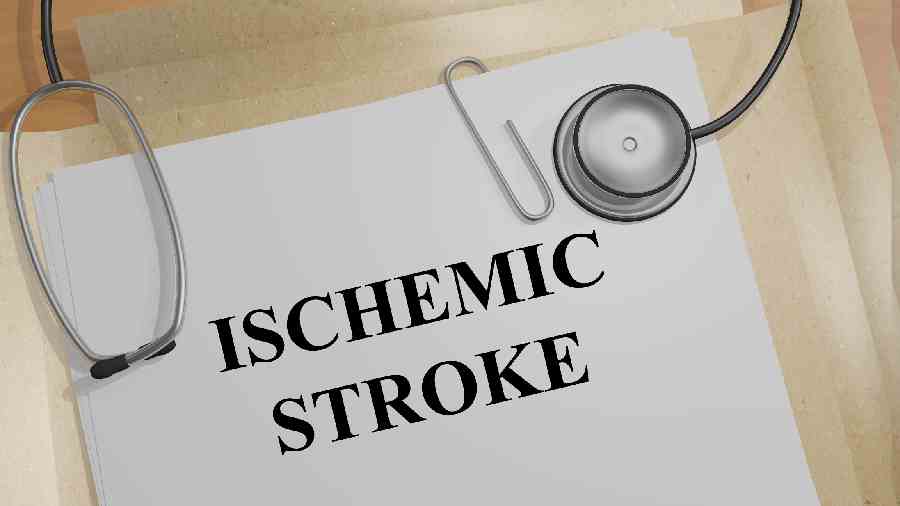Transient ischaemic attack, or TIA, is a very reassuring term. It sounds like whatever occurred was fleeting; it will pass and life will return to normal. But, unfortunately, nothing could be further from reality.
A TIA occurs due to a temporary reduction in the blood supply to a part of the brain. As a result, the person suddenly develops a neurological or physical problem. For example, there may be a sudden onset of weakness on one side of the body, drooping of one side of the face, slurring of speech, staring with failure to respond to calls, loss of balance, inability to understand another’s speech, vertigo and giddiness.
The recovery is usually rapid, and the person may not even remember what occurred. People often ignore these symptoms as they leave no permanent symptoms.
Within two days to three months, a person who had a TIA may have a more devastating episode. The blood supply may be completely blocked, causing a stroke or a heart attack. In fact, 6.4 per centdie of these complications in the first year after a TIA. It should therefore be taken seriously as a precursor of a more devastating illness.
TIA is likely to occur after the age of 55 years. It is more common in men. Family history is important as strokes are more likely to occur in certain families. They are commoner in people with diabetes, uncontrolled high blood pressure and a deranged lipid profile. Physically active people who maintain the minimum requirement of 10,000 to 15,000 steps a day and are not couch potatoes (sitting for 6-8 hours a day) are less likely to develop this complication. Heart disease, especially any condition that produces an irregular uncoordinated heartbeat (like atrial fibrillation) predisposes to TIA and its complications.
High cholesterol and triglyceride levels in the blood leads to excess fat being deposited inside arterial blood vessels, forming atherosclerotic plaques. This leads to the narrowing of the blood vessels. If, for any reason, the blood vessel goes into a sudden temporary spasm as well, it can result in a TIA. Smoking is very likely to cause this.
If a TIA is suspected, a complete physical evaluation, including blood pressure and ECG should be done. An echocardiogram will reveal any precipitating structural abnormalities in the heart. Blood work should be done to check for diabetes and the lipid profile. A CT and MRI scan of the brain will show any areas damaged by the reduced blood supply. Doppler blood vessel studies will reveal areas of reduced blood flow.
Once the narrowed vessel has been identified, several treatment options are available. A stent can be placed to open up the narrowed area. The inside of the artery can be stripped (endarterectomy). If the problem is due to irregular heartbeats, medication can be started to correct this. Sometimes, a pacemaker may be required.
If the BMI (weight divided by height in metre squared) is more than 25, a weight loss regimen with diet and exercise will help.
Aerobic physical activity such as walking, jogging, swimming or cycling for 30 minutes a day should be incorporated into the daily routine. Taking a low dose of aspirin (75mg/day) daily will prevent clots from forming. Clopidogrel can be used in people who cannot tolerate aspirin. Sometimes a combination of both is given. Oral or injectable anticoagulants may also be started. Diabetes and hypertension should be controlled.
There a tendency to take TIA lightly and dismiss it as the recovery is rapid with no lasting symptoms or visible consequences. A TIA should always be taken seriously. It is a warning, a mini-stroke. It is a precursor to more serious illness.
The writer has a family practice at Vellore and is the author of Staying Healthy in Modern India. If you have any questions on health issues please write to yourhealthgm@yahoo.co.in











